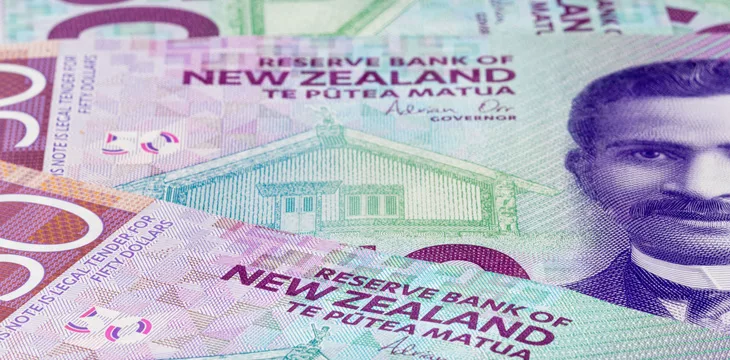|
Getting your Trinity Audio player ready...
|
The Reserve Bank of New Zealand (RBNZ) is going against the grain by opting out of a regulatory approach to police digital assets in a move that could offer a string of positives for the local ecosystem.
Ian Woolford, RBNZ’s Director of Money and Cash, made the central bank’s position known via a statement summarizing a public consultation on digital assets. Keen to protect its finance sector, RBNZ launched a consultation at the start of the year to seek public opinion on the best approach to regulating digital currencies.
Woolford disclosed that the central bank would increase its monitoring of the sector rather than immediate regulatory action. He added that obtaining a clearer picture will assist lawmakers in making proper rules for the industry to protect investors and shut out bad actors.
“We agree with the balance of submitters that a regulatory approach isn’t needed right now, but increased vigilance is,” said Woolford. “We agree that caution is needed, which also reinforces the need for enhanced data and monitoring to build understanding.”
The central bank added that a slow-and-steady approach is required for stablecoins and digital currencies because of the plethora of issues raised by their operations “do not fall neatly within agency boundaries.” Woolford stated that the RBNZ is also keeping an eye out on the regulatory developments in other jurisdictions to achieve uniform global standards.
“We also agree that global harmonisation is crucial to ensure effective regulation. As overseas regimes are implemented, best practice may become clearer,” Woolford said.
Digital currency adoption in New Zealand is slowly picking up steam, with Chainalysis ranking it 108 in its 2022 Global Crypto Adoption Index. Ahead of a full-scale adoption, Woolford stated that the central bank would begin collaborating with the Council of Financial Regulators to establish guardrails to protect virtual currency investors.
Increased pace for regulations
While New Zealand is content with increasing its monitoring, other jurisdictions are ramping up regulatory action at a feverish pace. The European Union’s Markets in Crypto Assets law tightens the screw for digital currency service providers on the continent to complement the efforts of local regulators.
India took things up a notch with a sterner tax regime requiring investors to pay a 30% tax on digital currency gains and an additional 1% tax deductible at source (TDS). Other nations have passed rules on influencer marketing, the use of leverage, and introducing new licensing regimes for industry players.
CoinGeek Conversations with Catherine Lephoto: How blockchain is transforming health and education in Africa

 07-15-2025
07-15-2025 





